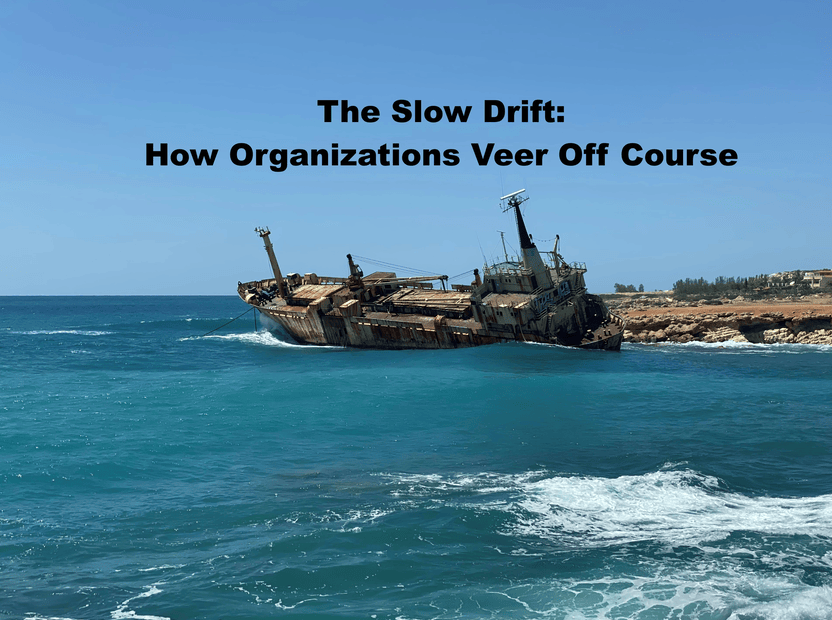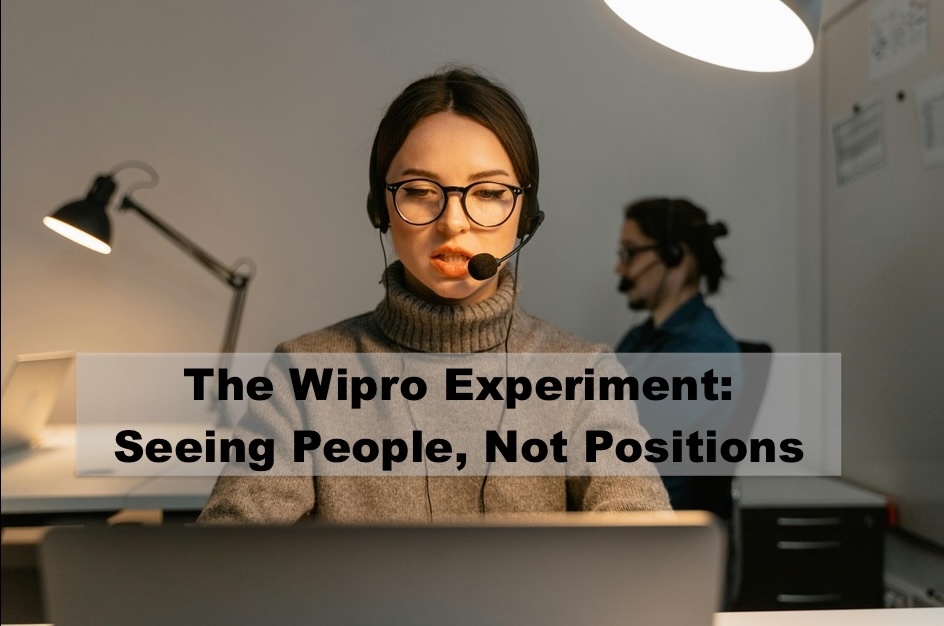Change is inevitable in the dynamic landscape of business. Organizations must adapt, evolve, and innovate to thrive. However, this pursuit of progress often comes with a dilemma: How can we drive change without causing excessive employee disengagement? Identifying the root causes of employee disengagement is crucial. Employee engagement serves as a window into people’s capacity to embrace change. When employees are engaged, they are more likely to embrace transformation. Gallup’s research sheds light on two critical factors that influence openness to change: trust and communication.
The Trust Factor
Trust is the cornerstone of any successful workplace. Employees who trust their leaders are 4.5 times more likely to be engaged. But how do leaders build trust? It starts with transparency, consistency, and genuine care. Here are some strategies:
1. Open Communication: Leaders should foster an environment where employees feel safe expressing their thoughts and concerns. Regular check-ins, town hall meetings, and one-on-one conversations create opportunities for dialogue.
2. Honesty and Authenticity: Leaders must be transparent about organizational changes, challenges, and goals. When employees perceive honesty, trust grows.
3. Follow Through: Trust is fragile. When leaders promise action, they must deliver. Following through on commitments reinforces trust.
The Communication Imperative
Effective communication is the bridge between leadership and employees. Here’s how leaders can enhance communication:
1. Informal Conversations: Beyond official meetings, leaders should engage in informal chats. These casual interactions build rapport and allow employees to share their perspectives.
2. Structured Formats: Implement communication forums, such as suggestion boxes, virtual suggestion boards, or regular feedback sessions. Encourage employees to voice their ideas and concerns.
3. Listening Strategies: Active listening is key. Leaders should listen empathetically, ask open-ended questions, and seek to understand. Employees appreciate being heard.
The Pitfall to Avoid
Ignoring employee suggestions is worse than doing nothing. When employees take the time to share feedback, leaders must acknowledge it. Even if a suggestion isn’t feasible, a thoughtful response shows respect and maintains trust.
Conclusion
Change doesn’t have to be a disengagement trigger. By prioritizing trust and effective communication, leaders can navigate the delicate balance between transformation and employee well-being. Remember, engaged employees are your allies in the journey toward progress.
Dr. Mark DeVolder is a Top Change Management & Transformation Expert, Award Winning Motivational Keynote Speaker Empowering Confidence through Change. Mark can teach you how to change, anticipate business trends and accelerate future-proof transformation. He’s done it before with industry leaders like Qatar Petroleum, PepsiCo, Royal Bank of Canada and Bristol-Myers Squibb.




